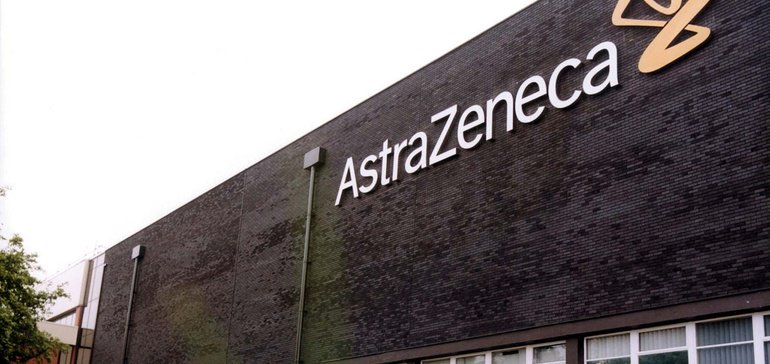Dive Insight:
Anytime a PD-(L)1 inhibitor can beat Keytruda (pembrolizumab) to the market in a specific type of cancer, it should be celebrated as a win.
In first-line extensive-stage small cell lung cancer, Roche was first to market based on the strength of the IMPower-133 study, in which adding Tecentriq (atezolizumab) to the chemotherapy combination of carboplatin and etoposide extended survival by an average of two months when compared with the chemo alone.
AstraZeneca is close behind with Imfinzi (durvalumab). In the Phase 3 CASPIAN study, the agent was added to chemotherapy and compared to chemo alone. AstraZeneca announced the Imfinizi combination scored “a statistically-significant and clinically-meaningful improvement” in overall survival at an interim analysis.
Investigators are saving detailed data for an upcoming medical meeting, so no comparison to Tecentriq can be made yet. AstraZeneca has two upcoming opportunities in September, at the World Conference on Lung Cancer and the European Society for Medical Oncology meeting.
In IMPower-133, patients treated with Tecentriq and chemo lived 12.3 months and had a 30% reduction in their risk of death over the course of the trial. Imfinzi will need to match that to make inroads in this disease.
The leading PD-(L)1 agents, Keytruda and Bristol-Myers Squibb’s Opdivo (nivolumab), have yet to report Phase 3 data. Merck has delayed the readout of Keytruda’s KEYNOTE-604 trial by nearly a year, and it’s now expected in December. Bristol-Myers’ work with an Opdivo-chemo combo has not progressed past Phase 2 testing yet, and results from that aren’t expected for another year.
Keytruda’s dominant place in the PD-(L)1 market means the ‘604 trial results will be closely watched by the small-cell lung cancer incumbents. That’s especially the case since Merck’s drug is already well-established as a lung cancer agent and was the first to win a first-line approval in a different form of the disease, non-small cell lung cancer.
Opdivo, meanwhile, carries an approval in a third-line small-cell lung cancer setting, following platinum-based chemo and one other type of therapy.
Keytruda and Opdivo are the only blockbusters in the PD-(L)1 class, with respective sales of $7.2 billion and $6.7 billion in 2018.








